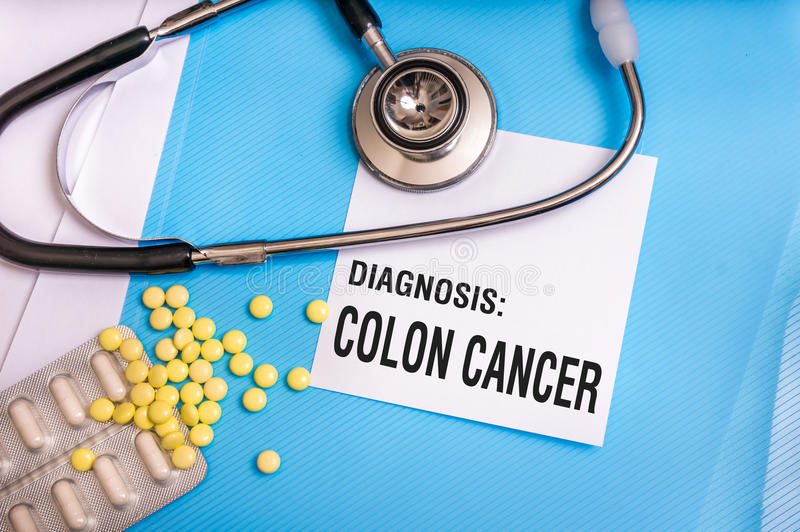Recurrence and unresectable advanced cancer are the most concerning matters of cancer among cancer patients and high-stress sources. Hence, I hope this blog will relieve some of your worries and pressure for your future hope and health with fucoidan supplements.

According to the study “Fucoidan reduces the toxicities of chemotherapy for patients with unresectable advanced or recurrent colorectal cancer” by Masahide Ikeguchi et al., combination chemotherapy with oxaliplatin plus 5-fluorouracil/leucovorin (FOLFOX) or irinotecan plus 5-fluorouracil/leucovorin (FOLFIRI) has become a standard therapy or treatment for advanced or recurrent colorectal cancer. Numerous studies have reported that long-term use of FOFOX or FOLFIRI leads to better survival for these patients. However, these treatments cause side effects such as nausea, vomiting, diarrhea, malaise, stomatitis, neutropenia, anemia, thrombocytopenia, hepatic dysfunction. Thus, control of the toxicity of these drugs becomes crucial to prolonging survival. In this study, we evaluated the effect of fucoidan on suppressing the toxicity of the anticancer drug.
⁕5-FU/LV is the combination of widely used anticancer drugs, 5-fluorouracil (5-FU) and leucovorin that enhance the anticancer effect of 5-FU
A total of 20 patients with unresectable advanced or recurrent colorectal cancer scheduled to undergo treatment with FOLFOX or FOLFIRI were randomly allocated into a fucoidan treatment group (n=10) and a control group without fucoidan treatment (n=10). The Fucoidan group that received about 4 g of fucoidan a day for six months from the initial stages of chemotherapy reduced fatigue during the chemotherapy. None of the patients presented with severe toxicity (Table -1). And treated fucoidan group could achieve the treatment longer than the control group. Even though the difference was not significant, the survival of the patients receiving fucoidan treatment was more prolonged than patients in the control group (Fig. 1).
These results indicated that fucoidan has a possibility of continuous chemotherapy treatment in recurrent colorectal cancer patients. Also, it could prolong patients’ survival rate by fucoidan as well.


